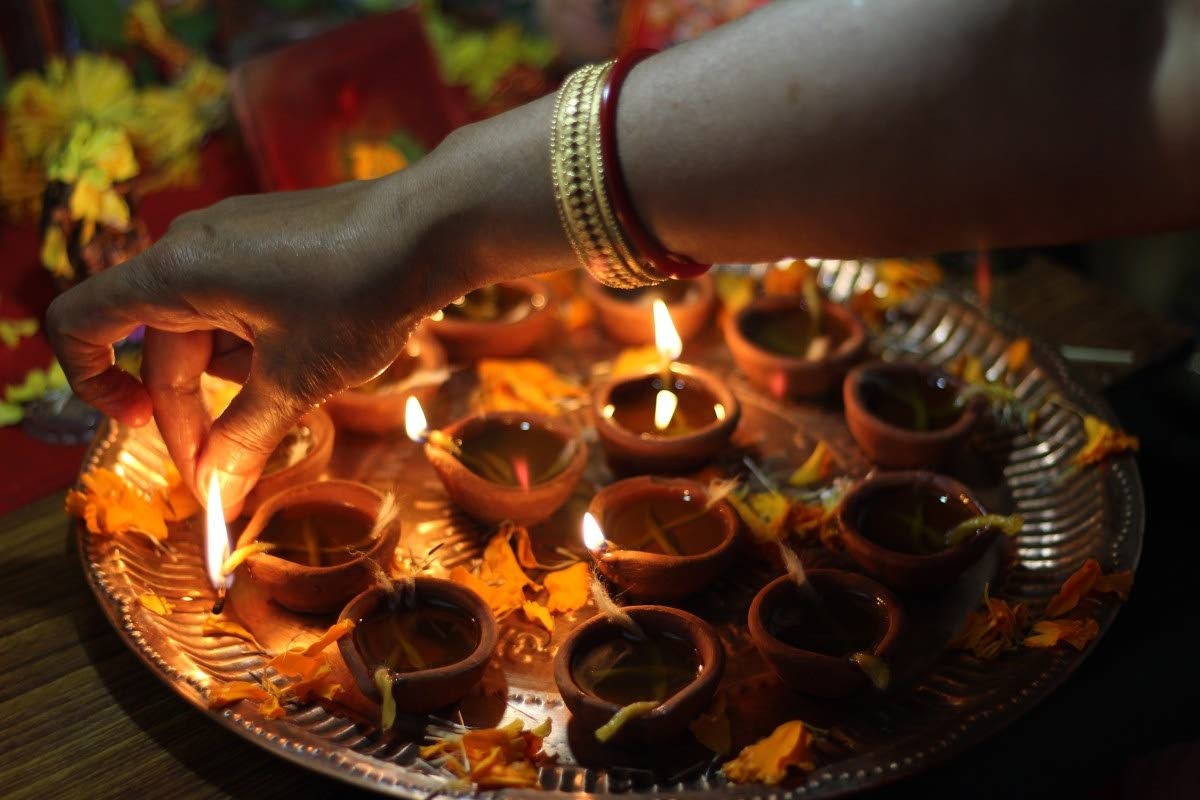The festival of Divali, a celebration of light, unity, and the triumph of good over evil, transcends geographical boundaries, uniting Caribbean and South Asian communities worldwide. From the vibrant streets of New York to the serene shores of the Turks and Caicos, and from the bustling neighborhoods of Guyana to the distant villages of Suriname and The Gambia, the diaspora creatively preserves the essence of Divali, blending tradition with modern life in foreign lands.
In Toronto, Devin Latchmana, a Canadian of Trinidadian and Guyanese descent, reflects on the evolution of Divali celebrations. Growing up in a Hindu household in Canada, he recalls a time when the festival was less recognized. Today, Divali is celebrated with grandeur, marked by decorations, traditional foods, and public acknowledgment. Latchmana and his family honor the festival with elaborate rituals, including puja, bhajans, and the preparation of traditional dishes, fostering a sense of pride and community.
In the Turks and Caicos Islands, Shivani Kamble, originally from Mumbai, India, emphasizes the universal values of Divali. For her, the festival is a celebration of unity and the human spirit, transcending cultural and religious boundaries. Kamble hosts an annual Divali party, inviting friends and neighbors to share in the joy, creating a sense of belonging and togetherness.
In Washington DC, Bhisham Persad, an architect and pundit from Trinidad, views Divali as both a cultural and spiritual experience. He highlights the festival’s significance in connecting with one’s inner self and celebrating prosperity and purity. Despite the more private nature of celebrations in the US, Persad remains hopeful for broader recognition, noting recent declarations of Divali as a holiday in California and New York.
In New York, Trinidadian Narda Mohammed finds a deeper spiritual meaning in Divali, despite the challenges of celebrating in a less communal environment. She keeps her traditions alive through food, sharing Trini culture with those around her.
In The Gambia, Catherine Andrews, originally from Trinidad, introduces Divali traditions to her new community, adapting to local resources to create makeshift deyas and preparing traditional Trinidadian vegetarian dishes.
In Guyana, Lakhram Bhagirat emphasizes the importance of family and community in Divali celebrations. He decorates his home with fairy lights and intricate rangolis, preparing traditional sweets and dishes, and lighting deyas to honor the festival.
In Suriname, Rudy Soeroedjlall Ardjoen highlights the unifying nature of Divali, celebrated by people of all ethnicities and faiths. The festival includes cultural events, deya lighting, and communal gatherings, fostering a sense of brotherhood and togetherness.
Across the globe, Divali serves as a beacon of light, unity, and cultural preservation, bringing communities together in celebration and reflection.
